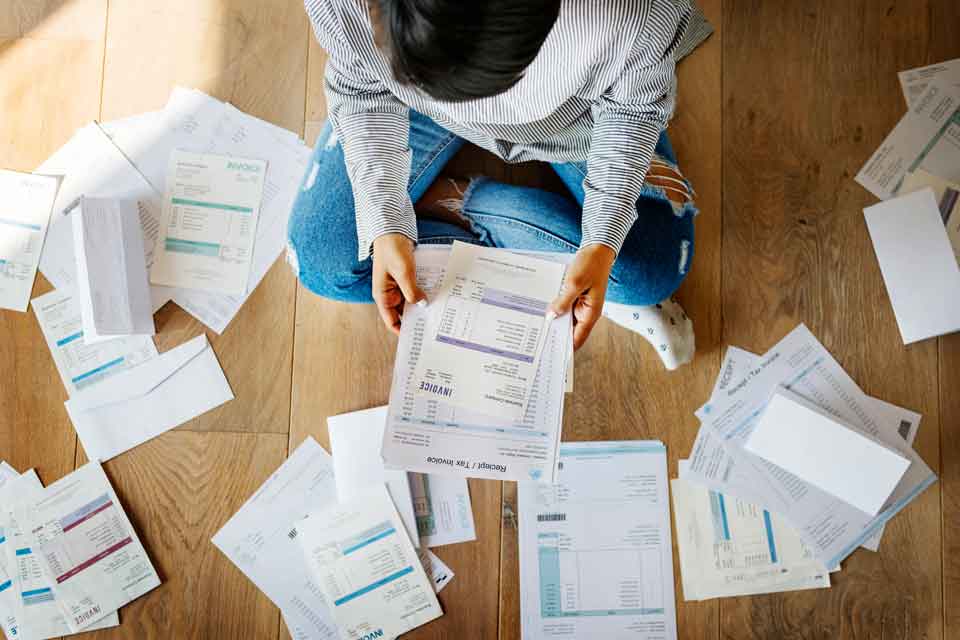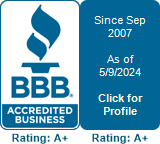Freelancers: Tax Documents to Give Your Accountant
- By Admin
- •
- 13 Dec, 2019
- •

Freelancers have different work arrangements than traditional employees do, and their tax situation is likewise different as well. If you completed freelance work this year, there are several tax documents to give your accountant. While not every freelancer has each of these items, any of the following that you do have should be shared with the person who will prepare your taxes.
1099-MISC
One of the most common official documents freelancers get is a 1099-MISC. This is like the freelancer's W2, which is the standard tax form that traditional employees receive from their employers. The specific details on each form differ, but both show how much a company paid to someone who worked for them.
You can expect to receive a 1099-MISC if you earn $600 or more from a single company in the calendar year, and companies that paid you less might still send you this form. If you worked with multiple clients on big projects, you should receive several of these documents
Moreover, you could also receive a 1099-MISC if you won a substantial prize, resold fish, made a crop insurance claim, or had any number of other miscellaneous sources of income in the year.
1099-MISCs won't be sent until after the end of the calendar year because companies have to include all of the payments made to you during the year - and that includes money sent on December 31. Sometime after the first of the new year, though, companies will send these documents.
All of the 1099-MISC forms you receive should be given to your accountant, who can help you determine which are from your freelance work and which (if any) are from other sources. They'll then record the various 1099-MISCs appropriately for your taxes.
1099-K
If you do a substantial amount of freelance work and are frequently collect payments via an online platform, you might also receive a 1099-K. This is another official IRS document, and many part- and fulltime freelancers receive one now that online payments are so common among freelance workers.
An online payment processor (formally called a payment settlement entity) is legally required to send you a 1099-K if you receive at least $20,000 through their system and collect a minimum of 200 payments on the platform. If neither of these requirements is met, you probably won't get this document.
Unless you collect payments through multiple online processors, you'll probably receive only one 1099-K related to your freelancing work. You could get additional ones if you participate in a ridesharing, house-renting or other shared-economy platform, but these wouldn't be tied to your freelance work itself.
Additionally, your freelance-related 1099-K may show income that 1099-MISC forms also report. If this happens, don't fret. Explain that the documents report the same income, and your accountant can help you file the documents correctly so that you aren't doubly taxed because of the duplicate reporting.
Income Statement
Regardless of whether you receive the aforementioned official IRS documents, you should have your own income statement to show your accountant. This should show your revenues and expenses for the calendar year, and you should break out revenue by client. The document will be useful in a few ways.
First, your list of revenues will show any income sources that aren't reported on 1099-MISC forms. If you did work for a company that paid less than $600, they may not send a 1099-MISC but you still need to report that income.
Second, your accountant can check your revenue records to make sure the 1099-MISC forms that clients send are accurate. Finally, your expenses can be counted against your revenues to determine what your profit actually is.
If you're a freelancer and need assistance with tax services, contact Williams & Associates Tax Services.











